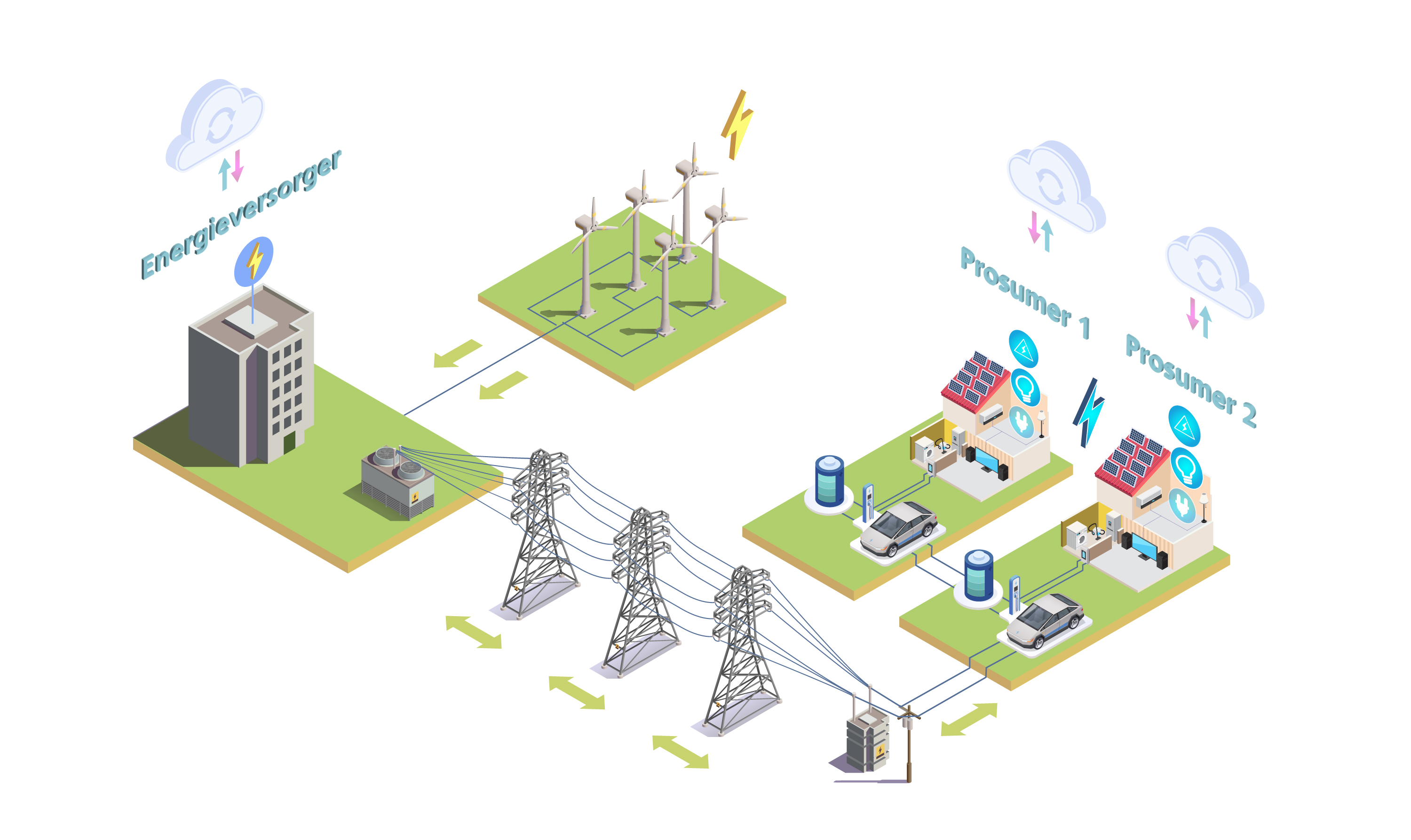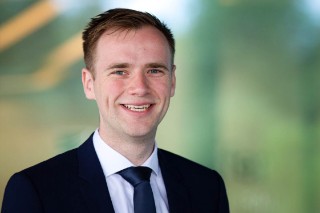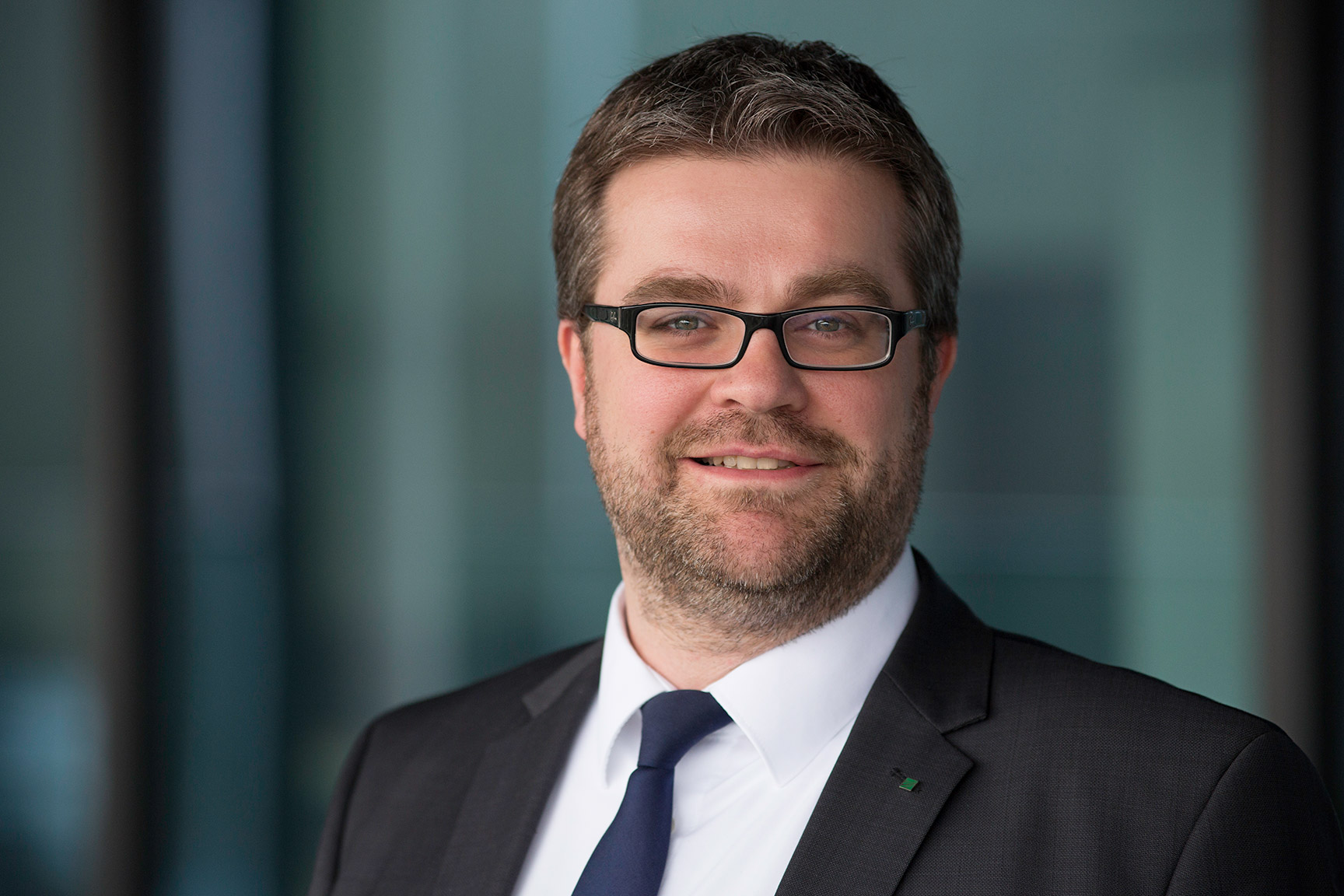The energy management of household appliances offers enormous potential for balancing out grid fluctuations and generating new business models. The focus here is on energy suppliers, private households and household appliance manufacturers, who should pursue a joint solution approach. The aim of the DENERGETIC project is to develop a holistic energy management system that incorporates all levels of the energy system - from the grid level to the end appliances in private households. The aim is to ensure the energy-efficient operation of household appliances, improve the coordination and load management of several appliances in the household and optimise energy management at grid level. In order to achieve this goal, household appliance manufacturers, energy suppliers and grid operators are involved in the project and are developing different supply scenarios from which all participants in the energy industry can benefit in the future, for example by reducing energy consumption and costs.
With its expertise in the field of physical modelling and the programming of intelligent algorithms, the Fraunhofer IEM plays a key role in the model-based development of holistic energy management. Based on scenarios of digitalised energy supply, the research team develops energy-flexible appliances. It then analyses how appliances such as refrigerators, washing machines and dishwashers can adapt flexibly to different energy resources by integrating battery storage and intelligent control logic. The researchers are also working on a cloud-based communication model that connects household appliances with energy suppliers and energy management systems to enable comprehensive communication. The team is using the platform of the joint project "N5GEH" as the basis for this. Optimisation algorithms are being developed to implement load management. They are designed to optimise the use of energy resources. Business models are to be developed for billing the highly fluctuating energy flows of the future, which will create incentives for the end customer through transparent, favourable tariffs and lower energy consumption. Energy management will be developed using virtual simulations and evaluated in the form of real demonstrators such as inverters, refrigerators and dishwashers.
 Fraunhofer Institute for Mechatronic Systems Design
Fraunhofer Institute for Mechatronic Systems Design 



